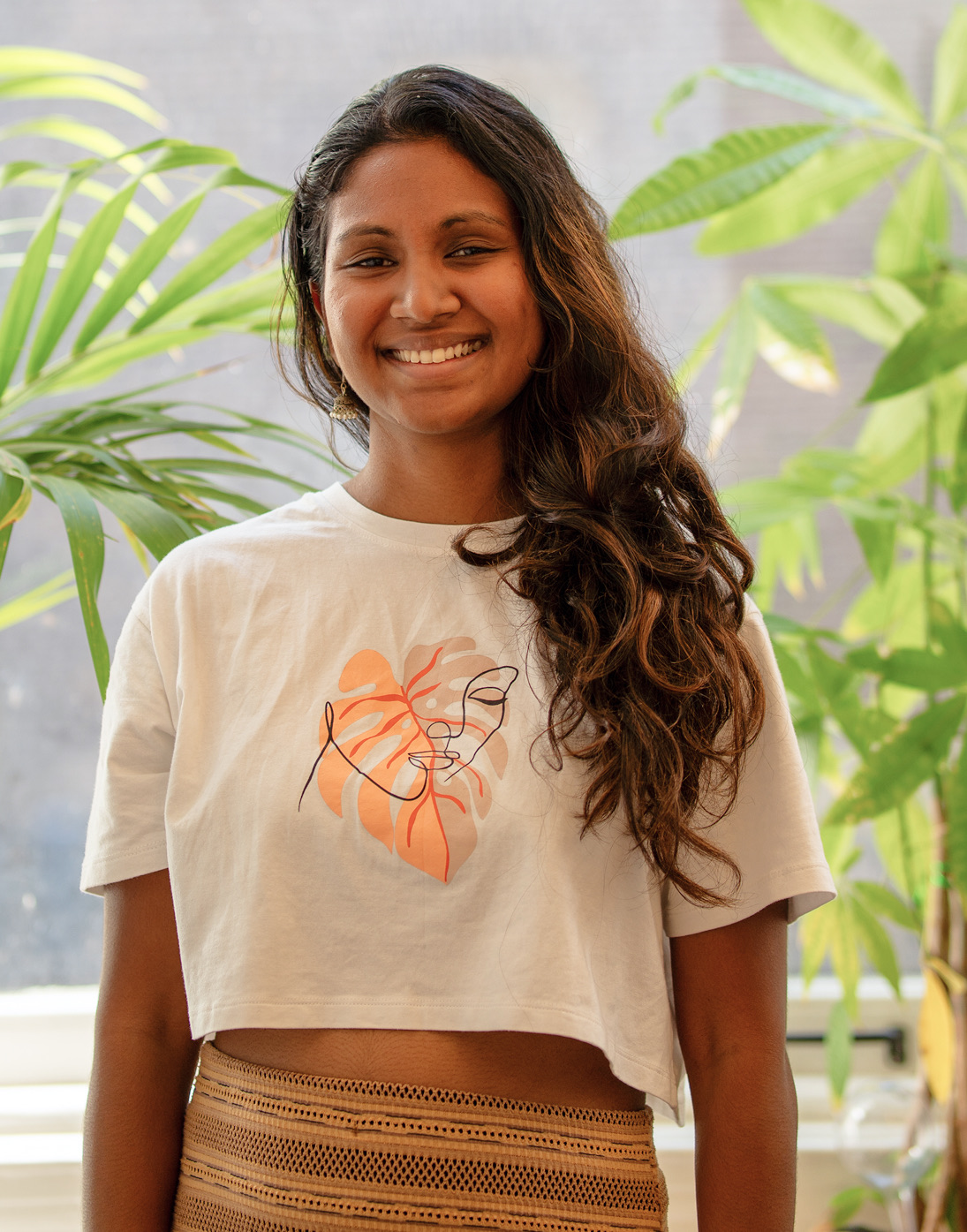Neuroscience on a Smartphone
Unlock new research potential with our innovative remote neurometric and neurobehavioral testing technology.
Study brain development, aging, neurodevelopmental and neurodegenerative conditions, as well as biopharma. All with ease and at unprecedented scale.

Human neuroscience at scale
Discover the transformative potential of our innovative tools and what they could unlock for your research.
Remote testing
Conduct experiments remotely with our platform, managing research from anywhere and accessing diverse participants.

Scalable solution
Our platform replaces expensive lab equipment with smartphones, allowing easy scaling to larger groups. Our platform offers customizable experiment options to fit your research needs.
Real-time monitoring
Discover your experiments' potential with our customizable behavioral testing platform. Streamline your analysis with our flexible tools for real-time, trial-by-trial analysis and powerful data visualization.
Explore our options for neurobehavioral phenotyping
Leverage our automated tracking system to capture sensory and motor phenotypes. Or collaborate with our development team to integrate the specific outcomes of interest for your research.
Well-established neuroscience on a smartphone
Use a smartphone to measure neurobehavioral paradigms that have been pivotal in neuroscience research for decades, all with precision. The app replicates traditional laboratory methods while offering the flexibility of mobile technology.
Explore our outcomes:
BlinkLab’s Prepulse Inhibition of Startle test utilizes a well-established neuroscientific method to assess the brain’s ability to filter out irrelevant stimuli. This test measures the response to a sudden, startling sound and the brain's ability to suppress that response when preceded by a softer version of the same sound. Widely used in neuroscience and psychiatry, Prepulse Inhibition of Startle has been shown to be impaired in neurological conditions such as autism and schizophrenia. Our team has adapted this test for smartphones, enabling large-scale studies and at-home testing with ease.
BlinkLab brings the power of eyeblink conditioning to your smartphone, a classical neuroscientific
method first introduced by Pavlov. This test examines the function of specific brain regions, particularly the cerebellum. By smartly combining visual and audio cues and utilizing the smartphone’s hardware, our app allows you to conduct large scale, at-home testing with various variations of eyeblink conditioning.
Startle Habitation, once considered a by-product of prepulse inhibition experiments, is now recognized as a powerful method for measuring the brain’s ability to reduce behavioral responses to a startling stimulus.
This reduction, which is not due to sensory or motor fatigue, plays a crucial role in protecting the brain from sensory overload, which is often affected in autism.
We’ve adapted this test for smartphones, enabling large-scale and at-home testing.
Meet our team!
Our team combines clinical expertise, scientific rigor, and smart solutions to drive innovation in diagnostics.
In the news
Discover what the press is saying about BlinkLab. Check out our latest media mentions and see how we’re making an impact.

.jpeg)


.jpeg)











.jpeg)
.png)




















































"For me, it's gratifying to apply neuroscience for improving autism and ADHD diagnosis and care."
Dr. Henk-Jan Boele, co-founder of BlinkLab, leads a team of neuroscientists, medical doctors, and software developers to bring this mission to life. Founded as a Princeton University startup in 2021, BlinkLab went public on the ASX (ASX:BB1) in April 2024 and is now seeking FDA clearance for its first two diagnostic products:
BlinkLab Dx 1 – Targeting Autism Spectrum Disorder (FDA 510(k) Trial Currently Underway)
BlinkLab Dx 2 – Targeting ADHD (Clinical Feasibility Studies)
Questions turned to answers
We understand you might still have some questions. While we tried to list many here, if your question is not listed, feel free to reach out to our team!
Is your platform already available?
Absolutely! We’re thrilled to share that our platform is currently in its private beta phase. This means we’re giving a select group of users exclusive early access to explore and experience its features while we fine-tune and enhance the platform based on valuable feedback. Stay tuned for updates as we prepare for a broader release!
What research benefits from this platform?
Neuroscience, psychology, psychiatry, neurology, epidemiology, pharmacological and behavioral intervention research, particularly studies on sensory processing and neurodevelopmental conditions like autism.
Who is using your platform at this time?
Our platform is trusted and utilized by world-renowned institutions across the globe. Esteemed organizations such as Princeton University, Monash University, and Erasmus MC rely on our solutions to drive innovation, research, and excellence in their respective fields. Join the ranks of these top-tier institutions and discover how our platform can elevate your operations to the next level.
How does the technology work?
When your participants sign up, they get access to the platform through an invite. The participants will watch one or more short videos during which audio cues will be played, eliciting natural facial reflexes. We track these facial movements and translate them to useful data for your research!






















.png)



